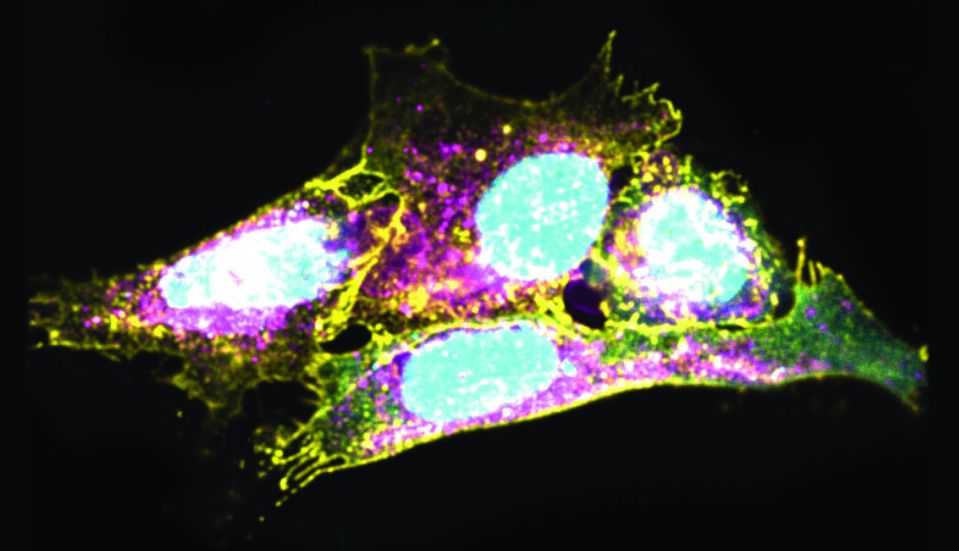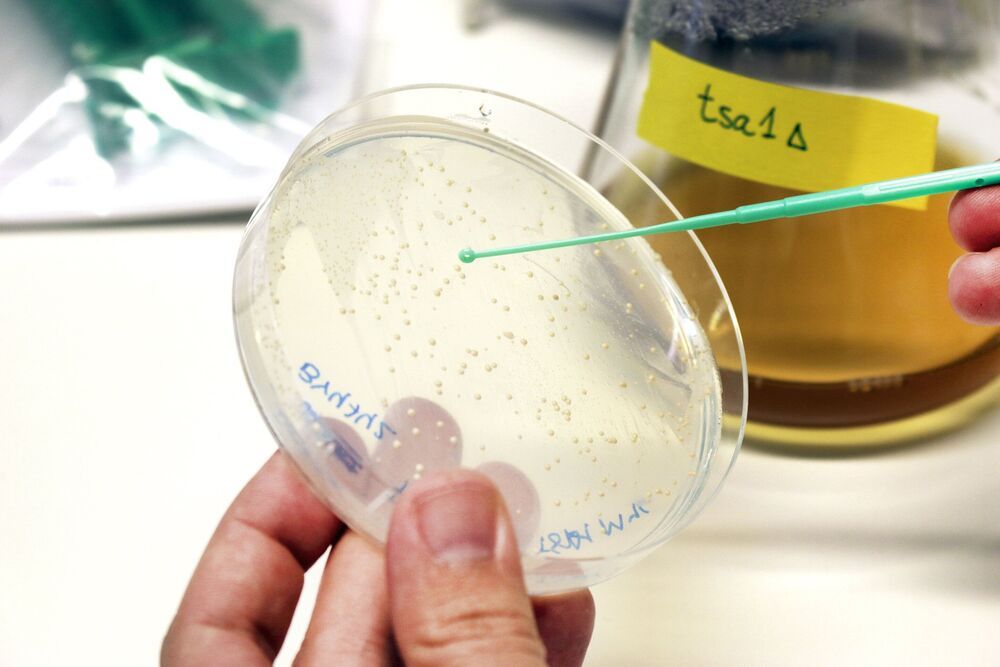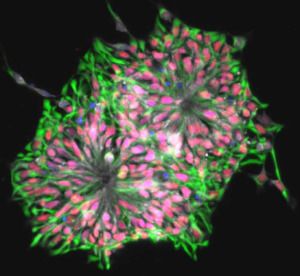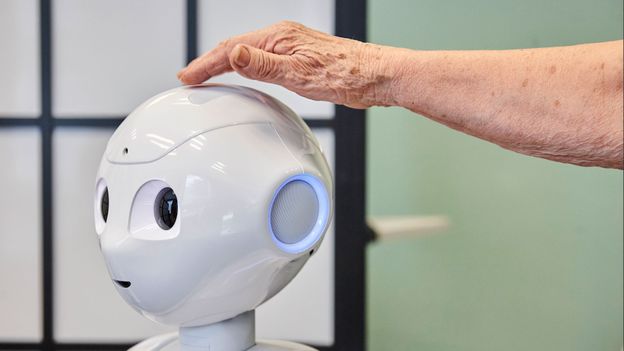A genetic disposition that plays a role in the development of the heart in the embryo also appears to play a key role in the human immune system. This is shown by a recent study led by the University of Bonn (Germany). When the gene is not active enough, the immune defense system undergoes characteristic changes, causing it to lose its effectiveness. Doctors speak of an aging immune system, as a similar effect can often be observed in older people. In the medium term, the results may contribute to reduce these age-related losses. The study is published in the journal Nature Immunology.
The gene with the cryptic abbreviation CRELD1 has so far been a mystery to science. It was known to play an important role in the development of the heart in the embryo. However, CRELD1 remains active after birth: Studies show that it is regularly produced in practically all cells of the body. For what purpose, however, was previously completely unknown.
The Bonn researchers used a novel approach to answer this question. Nowadays, scientific studies with human participants often include so-called transcriptome analyses. By these means, one can determine which genes are active to what extent in the respective test subjects. Researchers are also increasingly making the data they obtain available to colleagues, who can then use it to work on completely different matters. “And this is exactly what we did in our study,” says Dr. Anna Aschenbrenner from the LIMES Institute at the University of Bonn and member of the ImmunoSensation² Cluster of Excellence.




